Make Retirement Your Next Big Adventure

Open an IRA to save for whatever comes next.
If you’ve vowed to start saving for retirement, now is a perfect time to act on that promise.
By opening an Individual Retirement Account (IRA) you can do something today to protect your financial future.
IRAs allow you to save money for your retirement in a tax-advantaged way. They benefit savers of any age, but if you’re in your 20s or 30s, you’ll have decades to let your money grow and help you work toward creating a comfortable retirement.
Even if you’re saving for retirement through a 401(k) or 403(b) at work, you’re still eligible to open an IRA and sock away more money. In 2022, people under the age of 50 can contribute up to $6,000 to a Roth IRA and those 50 and over can contribute up to $7,000, certain restrictions and eligibility requirements apply.
Roth vs. Traditional IRAs: What’s the Difference?
Both types of IRAs allow you to invest retirement dollars in a range of investment vehicles, including stocks, bonds, and CDs. Here are some of the basics about these two types of IRAs:
Roth IRAs
- After-tax dollars are used to fund Roth IRAs, that means you pay taxes on your money upfront.
- That upfront tax payment also means that Roth IRA contributions are not tax-deductible.
- Distributions are generally tax-free as long as certain requirements are met.
- Once you reach age 59½, you can start taking distributions without any penalties, provided you’ve had the Roth IRA for at least five years.
Traditional IRAs
- Contributions to a traditional IRA may be tax-deductible. If you or your spouse is covered by a retirement plan at work or certain income levels are exceeded, the deduction may be limited.
- Money grows tax-deferred, and you pay taxes on the earnings when you withdraw the funds. If your tax rate in retirement is lower than your tax rate while you’re working, you may end up paying less in taxes overall.
- Distributions taken prior to reaching the age of 59 ½, may be subject to an early withdraw penalty.
- You may be able to use funds from your IRA to pay for qualified higher education expenses or towards a “first time” home purchase without incurring a penalty. Be sure to consult with a trusted tax professional to determine whether your expenses qualify.
401(k) Rollovers
If you’re leaving a job and need to roll your 401(k) money into an IRA, a direct rollover should be completed to avoid paying a penalty. A Liberty Bank for Savings IRA Specialist can help complete this transaction.
You have until April 18, 2023, to fund your 2022 IRA (either traditional or Roth). If you are making a 2022 contribution after December 31, 2022, but prior to the tax filing deadline, you must specify that it is a prior year contribution. This will ensure accurate tax reporting.
We can help you determine which IRA is best for you. Click here to learn more or make an appointment.



